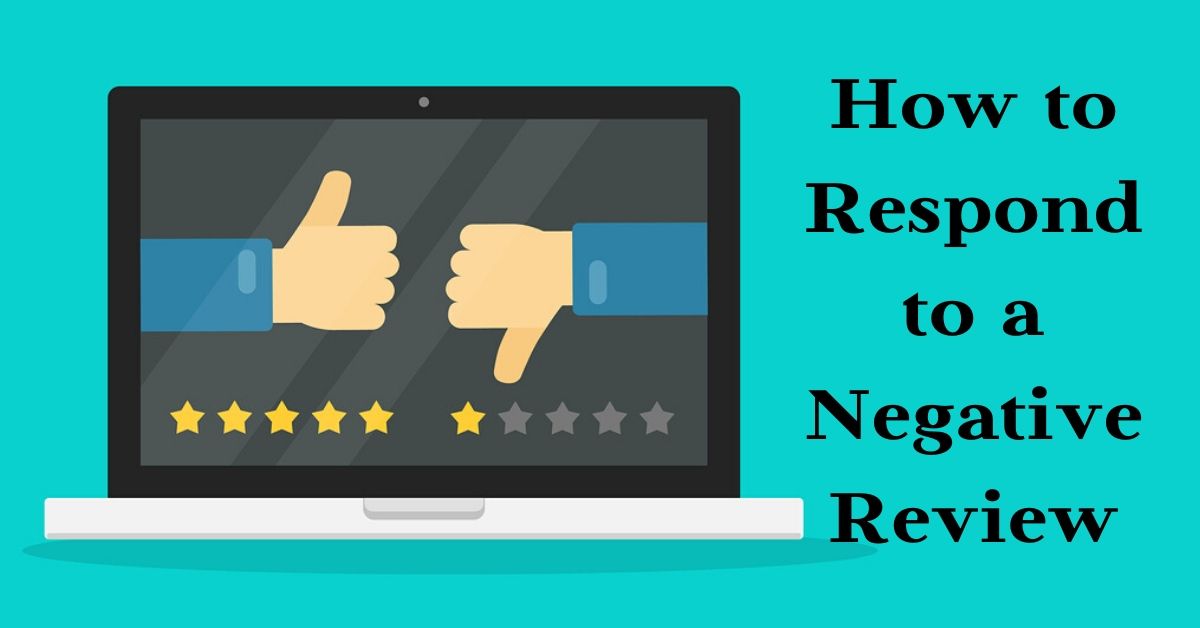If you’ve been running your healthcare practice for a while, you will have encountered some negative feedback. No matter how good your work is or how much people love your company, the occasional negative review will arise.
A negative review might not seem like a big deal, mainly if most of your customer feedback is positive – but it is never something to be ignored. Eighty-four percent of people trust an online review as much as a friend’s recommendation. This is important to remember as you think about your online reputation.
The good news is that bad reviews give you an advantage as a business. They allow you to use your brand voice, correct your mistakes, and offer outstanding customer service — and do it publicly, in full view of potential customers.
It is hard to respond to negative feedback. They can hurt your pride, and it takes a lot of mental strength to respond in a measured way.
It’s normal to get angry, but be sure to move away from the keyboard when you’ve lost your composure, or if you feel like retaliating. You cannot let your emotions determine what you’re going to write on a negative review in your response.
So how should you respond? Here is how to best respond to a negative review of your healthcare practice.
Thank the customer for expressing their thoughts
When you start writing an answer to a negative review, the way you approach your customer will be of prime importance. The customer is not merely venting by writing the review. They are looking for someone from the company to figure out the problem.
This might be the first time you hear about the issue, and it may not even be something you are solely to blame for; it could have been triggered by third party vendors/distributors, for example.
In any case, you’ll have to prove that you’re good at pleasing your clients and tell them that they’ll take care of this. Which means you’re going to have to start with an apology for the experience they have had. Keep the greetings and apologies short, but sound sincere when you’re doing it.
Offer a way to make it right.
As much as the customer will be delighted to see the message that you have personally replied to them, what they want you to do is to solve the problem at hand.
The next part of your answer will tackle the problem. Here, you need to talk about the issue they faced, give a brief explanation as to why it happened, and then talk about what you/you did to fix the problem.
In some instances, it will be appropriate to go beyond and incentivize or pay the customer to reuse your business. An apology goes far, but they are far more motivated to use the company if they get a 20 percent discount on their next service. Whether you’re willing and able to take the extra step, that might be the difference between a one-time customer and a lifelong customer.
Of course, this is dependent on your specific healthcare niche and the resources at our disposal. But a small discount here could make a massive difference to your future client list.
Take the conversation offline
After you have replied publicly online, attempt to directly contact the customer to confirm that you are serious about making things right. Give them a message on Yelp, give them your email address, or call them to see if you can make things better.
You can discuss your customer’s issues in person or on the phone and work together to come to a solution. This kind of extra-mile effort can also inspire them to go back and update their review.
It’s not a good idea to ask the individual to delete the review, because this could make things worse.
We would all like our online reviews to be positive, but this is not the real world. Negative reviews highlight areas of your business you could work on, as well as allow you to go the extra mile. Even if it can be challenging, it’s part of preserving your reputation as a company. And if done right, you might have a customer for life.

